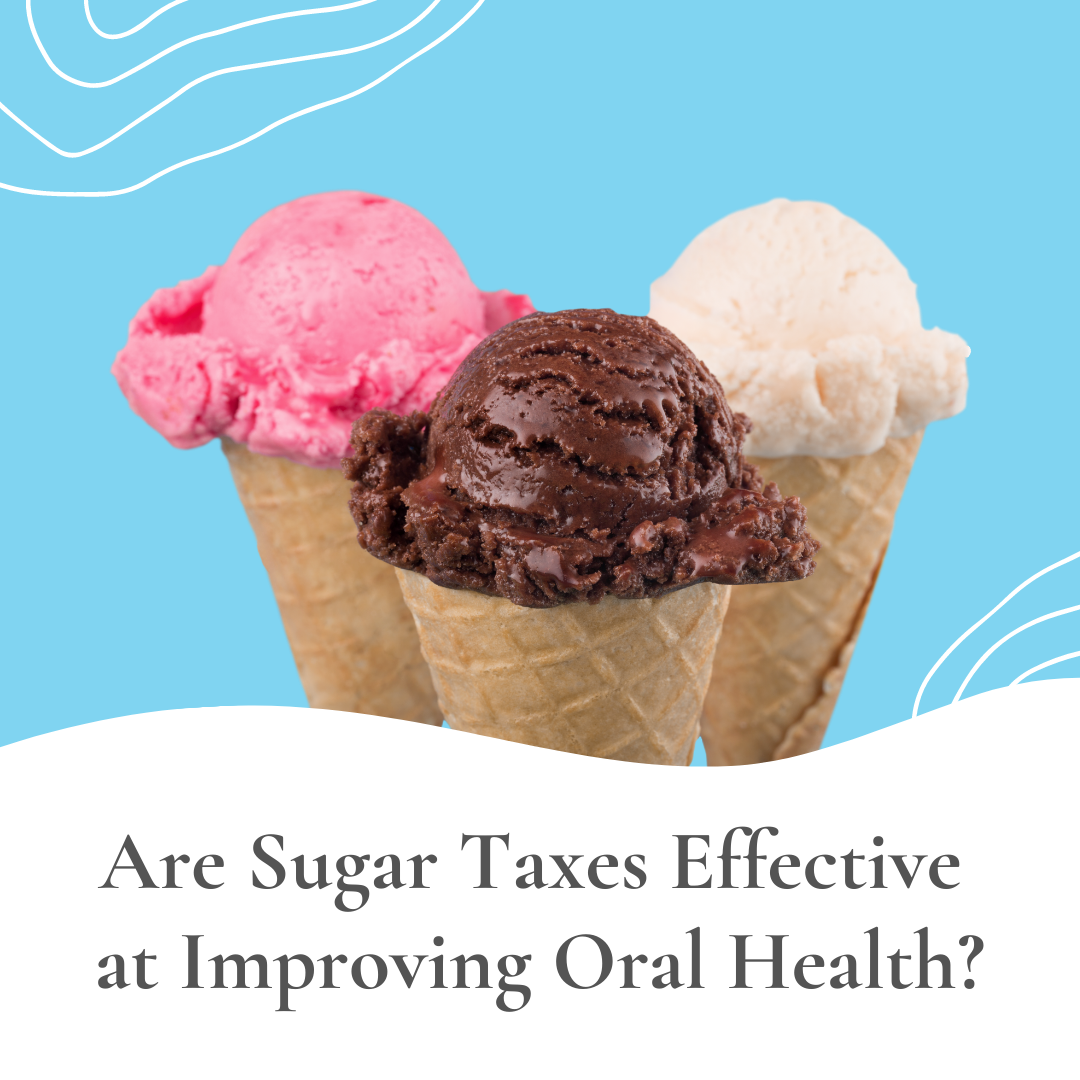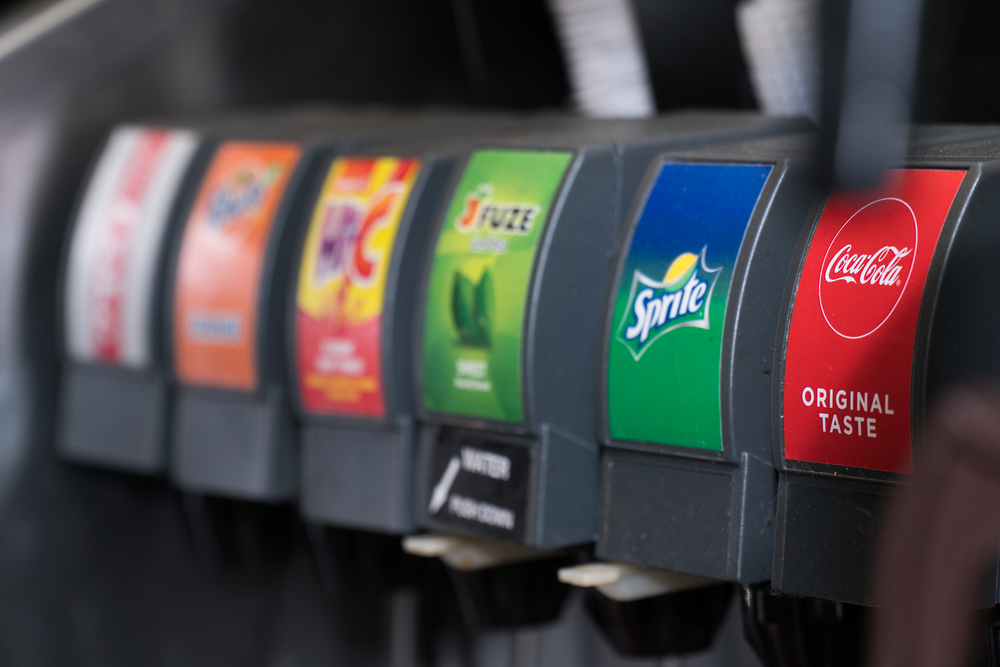Are Sugar Taxes Effective at Improving Oral Health?
Jul 25, 2022

Sugar in large quantities can be bad for the teeth, causing cavities and gum disease. Sugar also has a negative impact on health, causing weight gain, high blood pressure, fatty liver disease, inflammation, and diabetes, all of which increase the risk of heart attack and stroke.w
Some governments have begun taxing sugar in order to combat the problem.
Do Sugar Taxes Work to Improve Health?
While researchers say that it’s too soon to measure the effects of sugar taxes on rates of obesity and health outcomes, studies have found that the taxes do work to reduce the purchase of sugary drinks. Over time, more research will be needed to determine how well the reduction in sugary drinks purchases actually impacts health.
What Health Problems Can Sugar Cause?
Too much sugar can cause the following health problems:
- Inflammation
- Weight gain
- High blood pressure
- Fatty liver disease
- Diabetes
- Gum disease
The above health problems have also been linked to an increased risk of stroke or heart attack.
What Oral Health Problems Can Sugar Cause?
Sugar can also negatively impact your oral health by causing cavities and gum disease. If these aren’t treated right away, they could eventually result in the loss of teeth. If you have diabetes, there are additional oral health problems that you may experience:
- Dry mouth
- Inflamed gums
- Bleeding gums
- Longer healing times for infections
Struggling with dry mouth, inflamed or bleeding gums, or pain caused by infections? Contact us to schedule your appointment!
What Is a Sugar Tax?
The taxes enacted to reduce obesity and improve public health aren’t usually taxes on sugar but taxes on sugary drinks, or SSDs (sugar-sweetened drinks). The intention is for SSDs to cost more and thereby reduce consumption. Revenues from such a tax often go towards public health initiatives or other social programs.
How Is Sugar in a Sugary Drink Taxed?
Most of the time, a sugary drinks tax taxes the drink by volume, regardless of the amount of sugar actually in the drink. Critics of such taxes argue that taxes should instead be based on how much sugar is actually in the drink, not the volume of the liquid. However, as of 2019, only three sugary drinks taxes taxed the volume of sugar.
What Sugary Drinks Are Included in a Sugar Tax?
While the first drink that comes to mind may be soda pop, that’s not the only sugary drink included in the tax. The tax can include the following:
- Soda pop
- Energy drinks
- Sports drinks
Which Locations Have Sugary Drinks Taxes?
45 countries across the world, including many in Europe, Asia, the Caribbean, the Middle East, and the South Pacific, tax sugary drinks. In the United States, there is no national or state sugary drinks tax, but several cities and counties have enacted their own tax:
- New York City, New York
- Albany, California
- Berkeley, California
- Oakland, California
- San Francisco, California
- Portland, Oregon
- Seattle, Washington
- Philadelphia, Pennsylvania
- Cook County, Illinois
On top of enacting a sugary drinks tax in 2022, New York also has enacted a ban vendors from selling sugary drinks in containers larger than 16 ounces.
What Are the Critiques of Sugary Drinks Taxes?
Not everyone is a fan of sugary drinks taxes. Most of these critiques are centered around how the taxes are designed:
- The volume of the drink rather than the sugar content is taxed, which provides no incentive to reduce the sugar content of the drink.
- Poorer neighborhoods will be negatively impacted by the higher prices, which won’t affect wealthier neighborhoods as much. This problem can be counteracted by using the revenue from the tax to subsidize healthier foods in those poorer neighborhoods.
- The criteria for what qualifies for the tax may exclude products with sugar substitutes that are just as unhealthy, such as fruit juices and sugary snacks.
- Because the taxes in the US are local, people can just cross the border into the neighboring city or county to buy the drinks at a lower price.
For informational purposes only.












